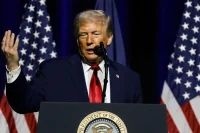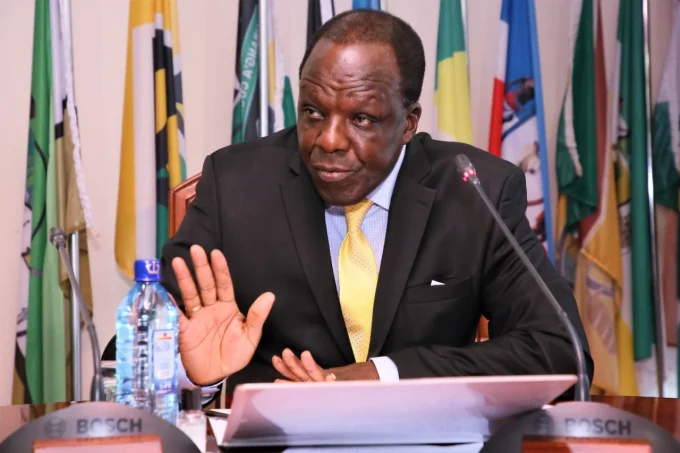For every day that the implementation of key sections of the Copyright Act is delayed, Kenya’s creative industry loses Ksh252 million ($2.2 million), inclusive of government taxes. Partners Against Piracy (PAP), concerned at these loses, has called for the Implementation of Sections 35 B, C & D of the Copyright Act, in conjunction with Internet Service Providers (ISPs), to stimulate recovery in the creative industry.
Read >> Body Shamed Slum Musician Lands Multi-Million Deal
During this year’s World IP Day celebration, themed Intellectual Property and the Youth, PAP interim Convener & MyMovies.Africa™ Co-Founder Mike Strano, said online piracy in Kenya costs the industry over Ksh92 billion per year. That is Ksh15 billion lost through pirated music (affecting artists on Safaricom Baze Music, Boomplay, Mdundo, Spotify, etc) and Ksh32 billion to pirated video content (affecting creators on Safaricom Baze, MyMovies.Africa™, Netflix, Showmax, YouTube, etc).
Also, Ksh5 billion is lost cinema and Ksh8 billion lost from television (i.e. affecting creators on MultiChoice, Star Times and local channels); as well as Ksh29 billion lost from pirated books, magazines & newspapers and Ksh3 billion lost in gaming. In addition, Mr Strano says, annually piracy costs the government over Ksh12.69 billion in Value Added Tax, Ksh2.49 billion in corporation tax, Ksh1.07 billion in income tax for residents and Ksh1.13 billion in income tax for non-residents.
“Pirates do not register their businesses and do not pay tax. They also do not create employment. Reducing piracy in Kenya can create at least 50,000 jobs. Online Piracy is a cybercrime perpetuated by tèrrorists and global syndicates, and must be dealt with through stakeholder participation, especially Internet Service Providers,” says Mr Strano.
MultiChoice Kenya Managing Director, Ms Nancy Matimu, emphasized the importance of piracy knowledge. “I get to interact with many business leaders, law makers and consumers alike who always touch on our price point,” said Ms Matimu, “but they do not seem to understand that piracy takes away from the revenue streams of creatives. There are small business distributing content on various IPs, but they do not know that they are actually participating in a crìme. Piracy sensitisation is the only way we will safeguard the futures of our youth”.
Regarding legislation and policy challenges facing the industry, Kenya Copyright Board (KECOBO) Executive Director, Mr Edward Sigei, said as owners of copyright & related rights, creatives are critical in the fight against Piracy. “They have influence and reach to advocate policies that directly affect their revenue streams,” Mr Sigei said
Meanwhile, the Kenya Film Commission CEO, Mr Timothy Owase, said for the film industry to create wealth, laws need to be implemented while also appreciating the creators of content as contributors to formal business.
See >> Celebrity Musician Sees The Hypocrisy Of Kenyan Leaders
This year’s theme for the World Intellectual Property Day was IP and Youth – Innovation for a Better Future. “Lack of structures in the music industry on how we make money from our art is discouraging,” said King Kaka, rapper and CEO of Kaka Empire. “If these structures were put in place, the government would view the creative industry as a multi-billion shilling sector that is taxable.”
Stakeholders were urged to change their perception of the creative industry, as it could hugely contribute to the growth of the GDP of the country. “There needs to be a paradigm shift around how creatives are viewed. “Creative industry is the next industrial revolution in Africa”, said Strano. “Government and corporates in Nigeria, South Africa, Ghana and Tanzania place a higher value on their creatives.”
Next Read >> INEOS Billionaire Who Backed Eliud Kipchoge Enters Kenyan Car Market





![Interior PS Dr Raymond Omollo during a consultative meeting with Japan International Cooperation Agency (JICA) Kenya Chief Representative Shinkawa Makoto. [Photo/Dr Raymond Omollo/Facebook]](https://businesstoday.co.ke/wp-content/uploads/2026/02/Ray-200x133.webp)







Leave a comment